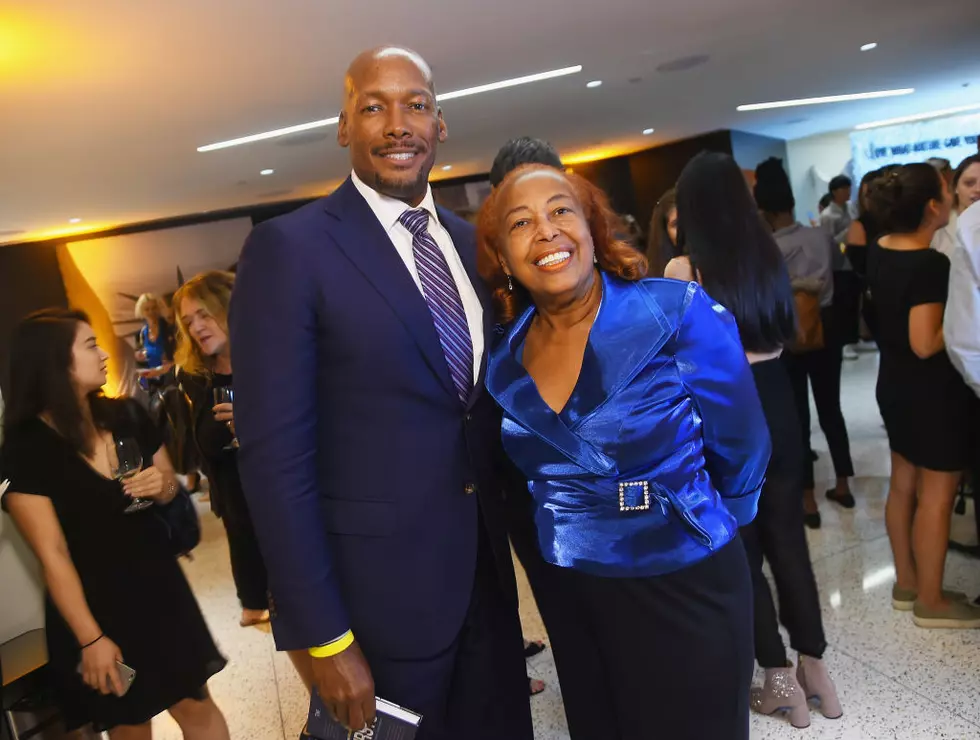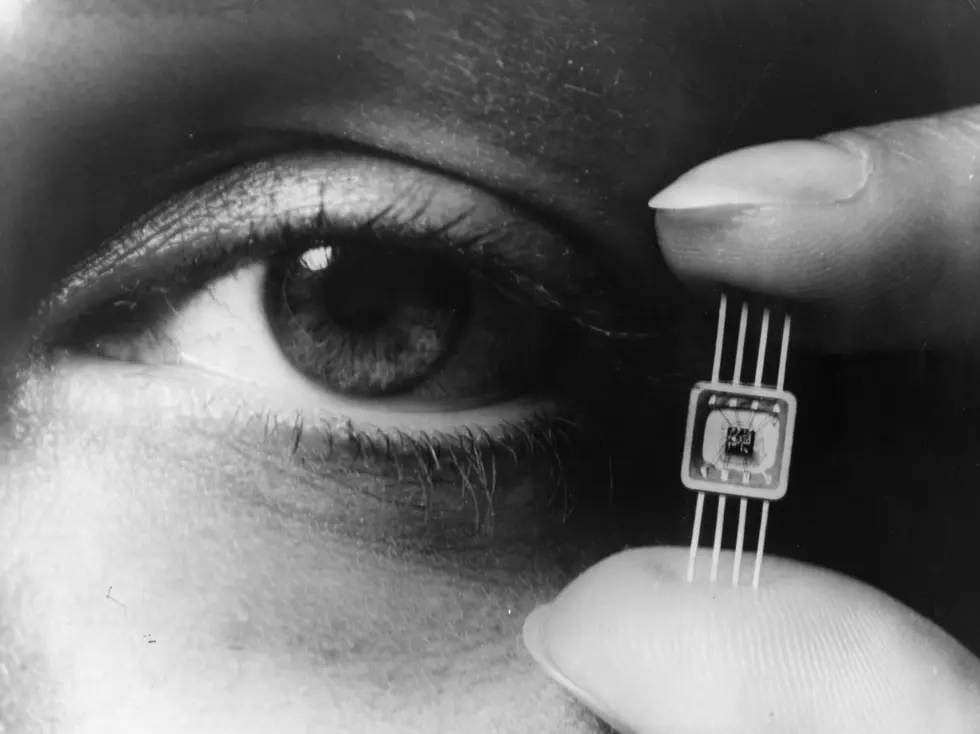![107 Jamz Celebrates Black History Month – Today In Black History February 14th [VIDEO]](http://townsquare.media/site/160/files/2013/02/Morehouse-College1.png?w=980&q=75)
107 Jamz Celebrates Black History Month – Today In Black History February 14th [VIDEO]
This Black History month we salute African American who made American history. On this day in 1867 Morehouse College was founded by William Jefferson White, an Atlanta Baptist minister and cabinetmaker, just two years after the American Civil War. White had a lot of help forming the school from Rev. Richard C. Coulter, a former slave from Atlanta, Georgia, and the Rev. Edmund Turney, organizer of the National Theological Institute for educating freedmen in Washington, D.C. as well.
The institution was founded to educate African American men in theology and education and was originally located in Springfield Baptist Church, the oldest independent black church in the United States. In 1885, Dr. Samuel T. Graves became the second president. That year the seminary moved to its present location, on land donated by John D. Rockefeller. For funding the school received sponsorship from the American Baptist Home Mission Society, an organization that actually helped establish several historically black colleges. Morehouse's first president was Rev. Dr. Joseph T. Robert a white man, whom was strongly opposed to slavery.
So you'll know Morehouse is a private, all-male, liberal arts, historically black college located in Atlanta, in the U.S. state of Georgia. Other than Hampden–Sydney College and Wabash College, it is one of three remaining traditional men's liberal arts colleges in the United States. Morehouse sits on a gorgeous 61-acre campus and an enrollment is approximately 3,000 students.
It is one of two black colleges in the country to produce Rhodes Scholars, and it is the alma mater of many African-American leaders, including Dr. Martin Luther King, Jr., theologian Howard Thurman, filmmaker Spike Lee, actor Samuel L. Jackson, Olympic gold medalist Edwin Moses, former Bank of America Chairman Walter E. Massey, the first African-American mayor of Atlanta, Maynard Jackson, former Secretary of Health and Human Services Louis W. Sullivan, and former United States Surgeon General David Satcher, and that's just to name a few.
On this day in 1935 The National Negro Congress (NNC) formed at Howard University with the goal of fighting for Black liberation. NNC was the culmination of the Communist Party's Depression-era effort to unite black and white workers in the fight for racial justice. They were opposed to war, fascism, and discrimination, especially racial discrimination.
In keeping with their Popular Front orientation, the Communists in attendance did not attempt to hide their affiliation but consciously deferred to non-Communist delegates. Despite lingering suspicion of Communist involvement, NNC delegates were able to agree on a broad program emphasizing the rights of African Americans to fair employment and housing, union membership and educational opportunities, an end to police brutality and lynching. Over the next few years, local NNC chapters in Harlem, Chicago, and elsewhere became locations for broad-based community activism against racial discrimination.
The Nazi-Soviet Pact of 1939 signaled the beginning of the end for the NNC. The Communist Party's shift away from the Popular Front alienated non-Communist NNC affiliates and their constituents around the country. A. Philip Randolph resigned in protest in 1940 and was succeeded by John P. Davis. The Cold War further undermined support for the Communist Party in black communities and crippled the NNC as a movement.
February 14, 1817 is also believed to possibly be the birthday of Frederick Douglass, abolitionist and orator. Born into slavery as Frederick Baile Douglass was able to purchase his freedom in 1845 and went on to become a social reformer, abolitionist, orator, writer, and statesman.
A runaway slave, from a plantation in Maryland, Douglass made a name for himself, later becoming a national leader of the abolitionist movement in Massachusetts and New York. He secured his place in history with his art of speaking and astounding antislavery writings.
More From 107 JAMZ









